Montenegro has withdrawn its candidacy for a temporary seat on the UN Security Council (UNSC), leaving Latvia as the only candidate from the group of Eastern European countries and looking with confidence at the possibility of being elected, Andrejs Pildegovičs, head of Latvia’s candidacy for the UNSC, said in an interview with the newspaper “Diena”.
At the end of January, Montenegro diplomatically informed Latvia that it was withdrawing its candidacy and would focus on its goal of joining the European Union (EU).
The move would appear to increase Latvia’s chances of winning broad support in the eventual vote to appoint temporary members of the UNSC.
“We are now largely focused not only on the last few steps before the vote, but on preparing for practical work at the UN Security Council,” Pildegovičs said.
When asked whether there are any negative scenarios in the voting process, the diplomat said that historically, if there are several candidates, voting takes place until a country is elected. During the Cold War, there were cases when voting reached several dozen rounds.
“Currently, we are the only candidate country, which is why we are looking at this election opportunity with such confidence. Theoretically, there is an opportunity for countries to submit their candidacy even on election day, theoretically, some countries can still apply. But in practice, such cases – to nominate one’s candidacy so late in such circumstances – are unknown, at least to me,” said the Latvian representative.
Latvia’s election requires two-thirds of the votes of UN member states, or 129 votes out of 193. Out of 193 countries, 191 will have voting rights. “Of course, it is not guaranteed that all countries will come, but we are counting on the election, and my goal is for Latvia to have a broad mandate from countries, I would even say a qualified majority,” Pildegovičs said, noting that Latvia is not bothering to lobby Russia, Belarus, North Korea, and Russia’s allies.
“We see Russia’s attempts to distort the understanding of international law, the essence of the UN Charter, and especially in the last three years since Russia’s invasion of Ukraine. (…) We are certainly not a convenient, beneficial partner for Russia in the UN Security Council – we oppose it quite a lot, and it is completely understandable that for us, in the current circumstances, one of the most important considerations why we want to be on the UN Security Council is related to Russia’s aggression in Ukraine, related to the fact that, in our opinion, the outcome of this aggression will also greatly affect the future of the entire UN.”
The diplomat noted that although the actual operation of the UNSC will only begin in January of next year, shadowing will begin on October 1 of this year, and Latvia will begin receiving UNSC documents on August 1.
The UN Security Council consists of five permanent and ten elected members. Each year in June, five of the elected members of the Security Council are re-elected for a two-year term (a state whose term expires is not eligible to run for immediate re-election). The regional distribution of elected members is observed in the elections – five seats are for the African and Asian groups, two for the Latin American and Caribbean group, two for the Western European and Other group, and one for the Eastern European group. Latvia belongs to the Eastern European group and has never been a member of the UN Security Council.
In the event of a positive vote, Latvian representatives will serve on the UN Security Council from 2026 to 2028.


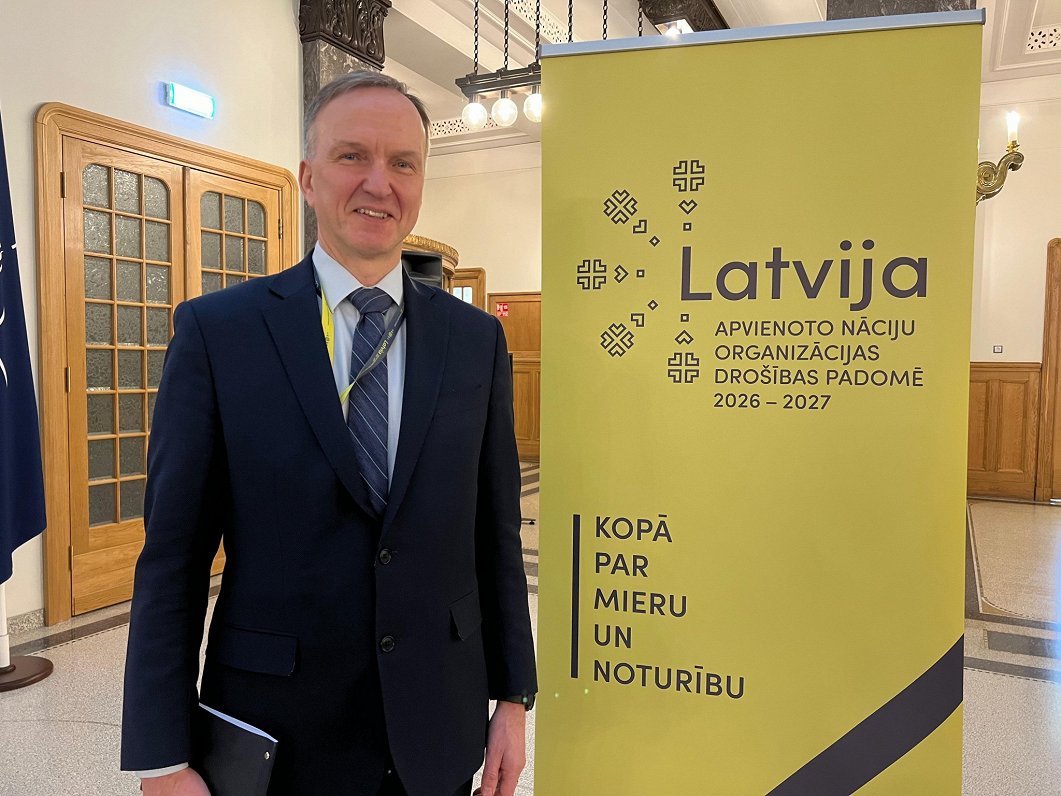
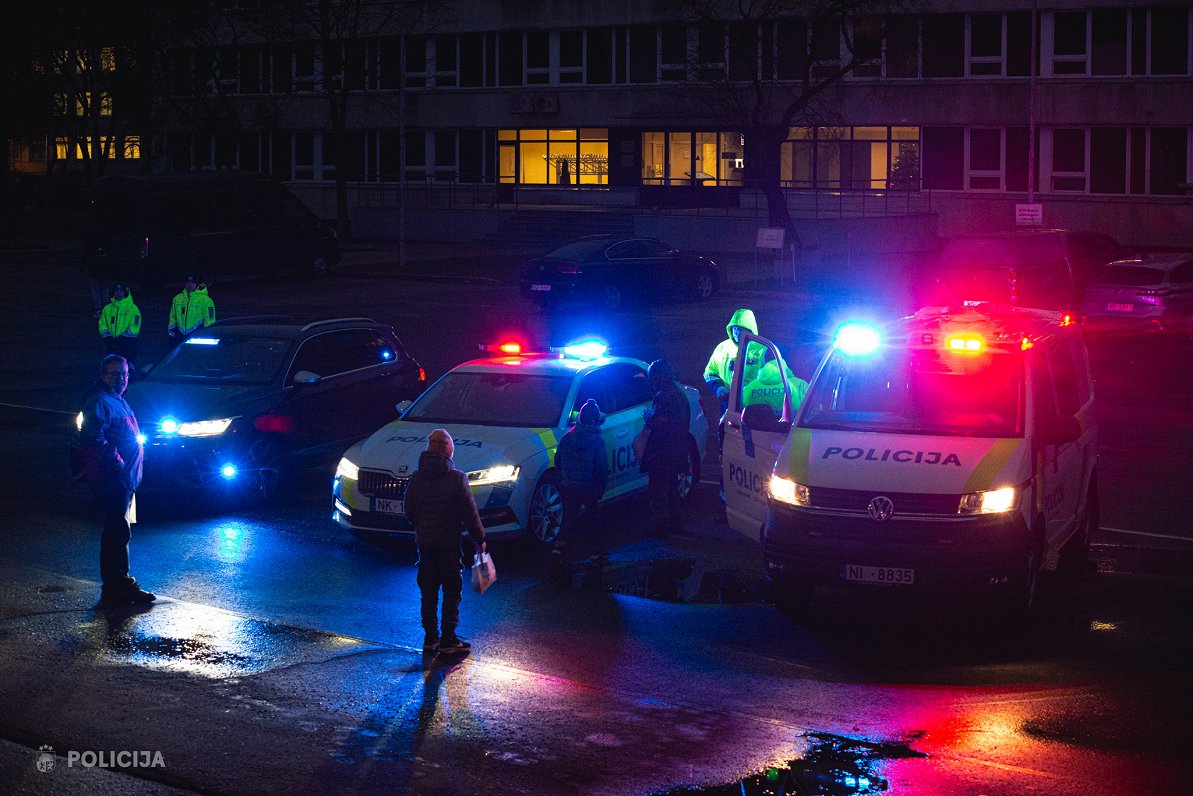
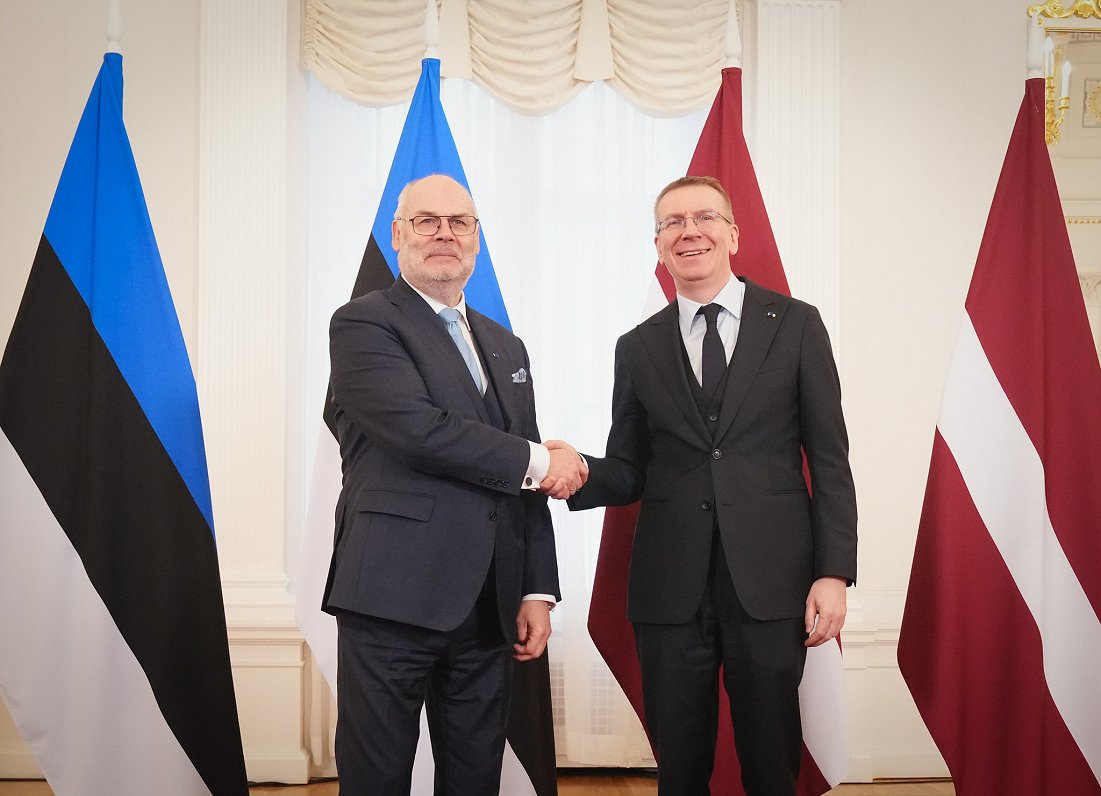
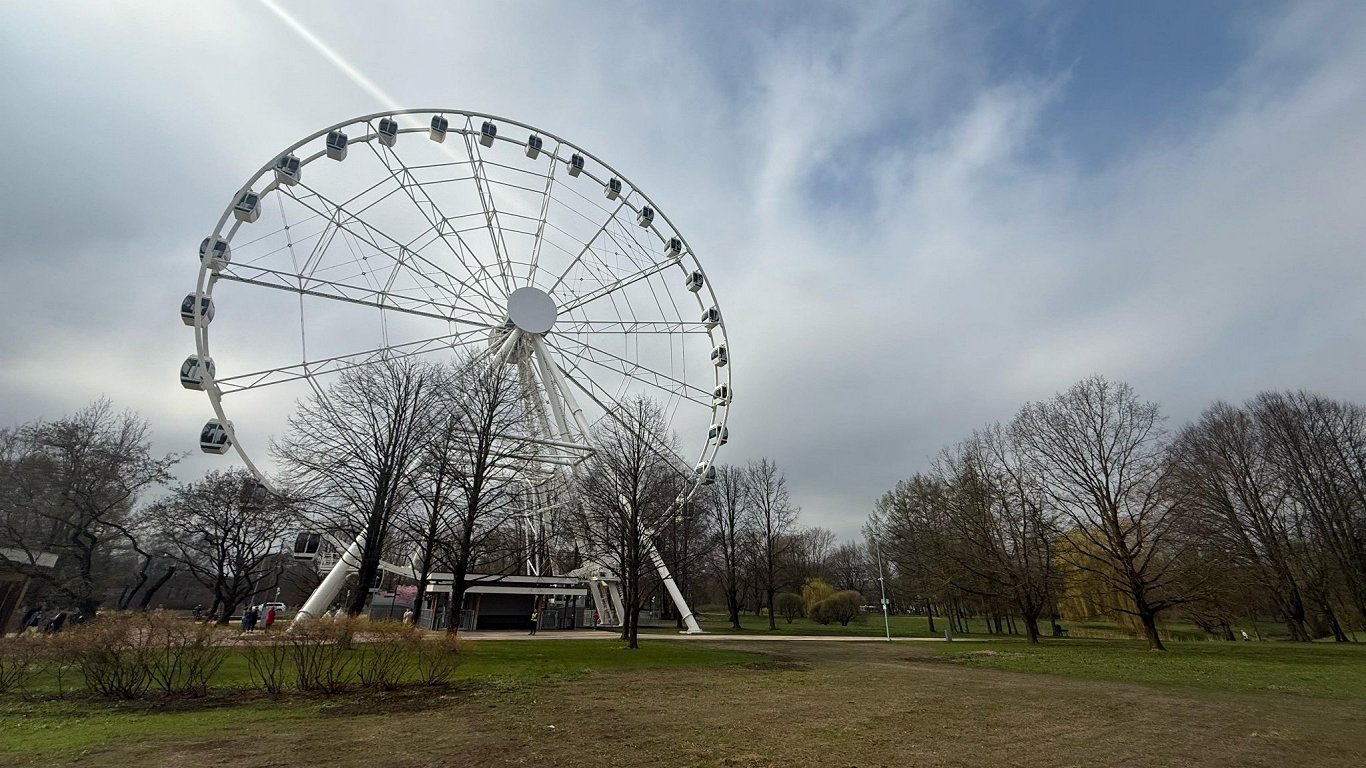
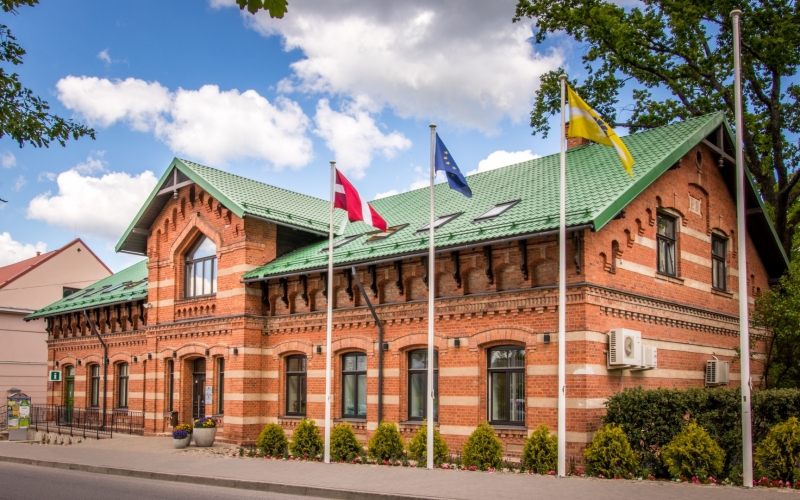
Be First to Comment